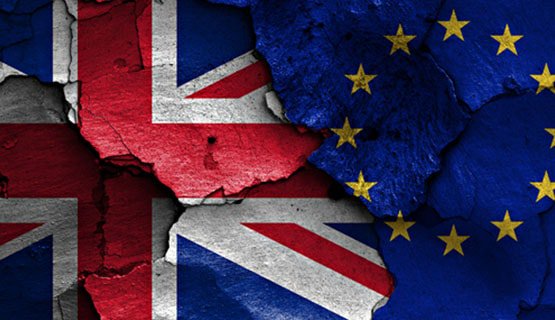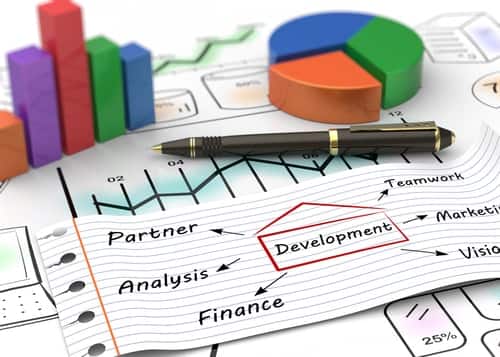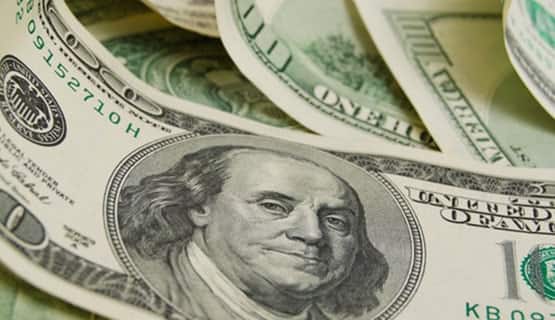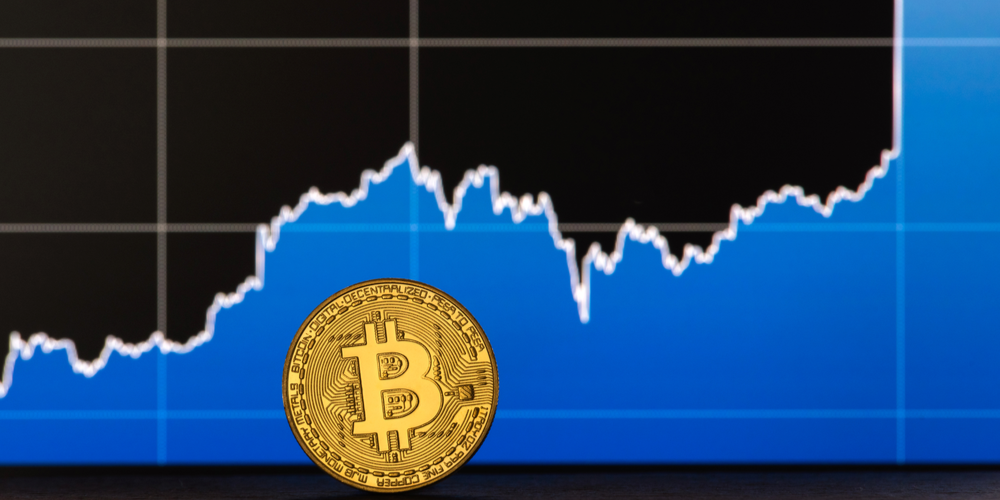Financial market research and analysis
Our analysts have their fingers on the pulse of the world's financial market news.
CFD trading is high risk and may not be suitable for everyone.
Count Down to the German General Election

According to recent surveys, Angela Merkel’s centre-right Christian Democratic Union (CDU) and its Bavarian ally, Christian Social Union (CSU) have some 15-point lead over their nearest contestant, centre-left SPD (Social Democratic Party) lead by Martin Schulz.
The SPD gained 10 points in the opinion polls after Shultz returned from the European Parliament to take the reins of the party, but the popularity was short lived. Merkel has faced a backlash over her immigration policy but the strong German economy has played sweetly in her favour.
Merkel’s Germany performed well, despite humanitarian crisis, private sector scandals
Unemployment at lowest since reunification, inflation eases
The German economy is doing just fine.
The unemployment rate fell to the lowest levels since reunification, as the German economy benefited from a solid economic boost lately.
Germany is the most important economy within Europe and is the fourth largest economy in the world by GDP. The most recent data showed that the German gross domestic product hit a multi-year high and the rise in inflation, which had started to disturb German households earlier this year, began softening thanks to the 15%+ rise in euro against the US dollar since the beginning of the year.
Auto sector scandal, defense spending
Zooming in, there are several fields which could weigh on Merkel’s popularity in September 24 election.
First, the emission scandal that hit the German car industry has certainly stroke a sour note during Chancellor’s latest term. Volkswagen, which is perceived as a national emblem, erased nearly 64% of its value in 2015. On top, fresh scandals hit the country’s leading manufacturers on regular basis. BMW shares slid by 47% from 2015 to 2016. Even though Angela Merkel was not personally responsible for the emission scandal and cartels, the severe economic and psychological implications unavoidably weighed on the overall mood during her third term.
On the other hand, Chancellor’s initiative to cut the retirement age put more pressure on young workers in a dangerously ageing society.
Her promise to step up the military spending has also been controversial, in a country where the past still weights when it comes to military undertakings.
Immigration crisis, Turkish clash, Brexit
The United Kingdom’s decision to leave the European Union has perhaps been one of the major political issues that Angela Merkel had to face during her third term and the EU turmoil is clearly not over. Despite the Brexit issues, the remaining EU countries managed to adopt a single and united rhetoric in the context of negotiations, which certainly saved Merkel from negative press so far.
The immigration crisis has certainly been one of the major humanitarian challenges. However, the tensions related to the migrant crisis management have eased along with a better comprehension and/or acceptance from a larger portion of the population as the tragedy extended to a third summer.
Finally, the recent clashes with Turkish President Erdogan, who has called three million Turks - the country's biggest minority - to vote against the CDU will unlikely change the outcome of the election. SPD’s Schultz has recently told reporters that he would take a hard stance against Erdogan, if he is elected Chancellor on September 24.
New government configuration is the major uncertainty
In the light of the above-stated factors, we do not rule out the downside risks regarding a broadly expected victory in favour of Angela Merkel’s CDU. Though the risks are mostly about the new government’s composition, rather than Angela Merkel’s election result per se.
There are six parties in the German Federal Diet, the Bundestag.
Germany is currently governed by CDU-SPD coalition. Yet, this coalition may fall as neither of the parties are in favour of renewing the existing alliance.
The CDU would rather form a coalition with the Free Democratic Party (FDP), if of course, the FDP could collect enough votes to obtain majority for the CDU-FDP alliance. If not, the CDU-FDP could consider the Greens as a third ally.
A coalition with SPD
A renewed collation with Schultz’s SPD could see Germany increase government spending and support the economic recovery in the EU’s growth engine Germany.
A higher government spending will unlikely interfere with the European Central Bank’s (ECB) monetary policy outlook, given that the ECB policymakers already consider reducing the pace of the Quantitative Easing (QE) program.
Angela Merkel has recently commented on the relatively high German debt saying that the record budget is an act of ‘generational justice’ and her party is not ‘obsessed with debt’.
A coalition without SPD
A coalition without the SPD would be reluctant to support further European integration and appear more business-friendly. The freshly elected, pro-European President Emmanuel Macron will likely help Germany to get the most out of Merkel’s fourth term, if she is reelected.
We could well argue that a new government without SPD would be more conservative and take a harder stance on the ECB’s QE. However, the real impact would depend on how fast the ECB plans to step out of the actual QE program and the bank’s plans regarding the normalisation of its ultra-dovish monetary policy.
German election is not an existential threat to euro
It is worth mentioning that there is strictly no nationalist and/or populist threat from the opposition leader Schultz, who is an ultimate EU insider, and a former European Parliament President.
Meanwhile, the Alternative for Germany (AfD), a right-wing party, could surf on the recent rise of populism across the globe and could reach up to 10% of votes according to recent reports. Even though Germany is not facing an important populist threat, as it has been the case in the US and French elections, the rise of the right-wing influence could put some pressure on the government policies at particularly challenging Brexit times and force harder position on immigration from the government. However, there is no existential threat to euro either. Therefore, the impact on the euro is expected to remain limited, unlike the latest French and Italian decisions which could have been fundamentally detrimental for the survival of the single currency.
Conclusion
The German election is not a threat to the euro’s integrity. The German stock markets and sovereign bonds could face an increased price volatility into the September 24 election. However, the fluctuations in the German markets are mainly caused by global economic factors and the euro. Investors will likely maintain their fundamental position on the DAX, with a reasonable hedging against the election risk. Bunds are likely to react to the ECB decision in the dirt of an unexpected rise in tensions in Germany. We do not rule out a relief rally posterior to the election. Yet the market moves are expected to remain reasonable unless there is a big surprise in the results.
The information and comments provided herein under no circumstances are to be considered an offer or solicitation to invest and nothing herein should be construed as investment advice. The information provided is believed to be accurate at the date the information is produced. Losses can exceed deposits.
 Change Language ▼
Change Language ▼








